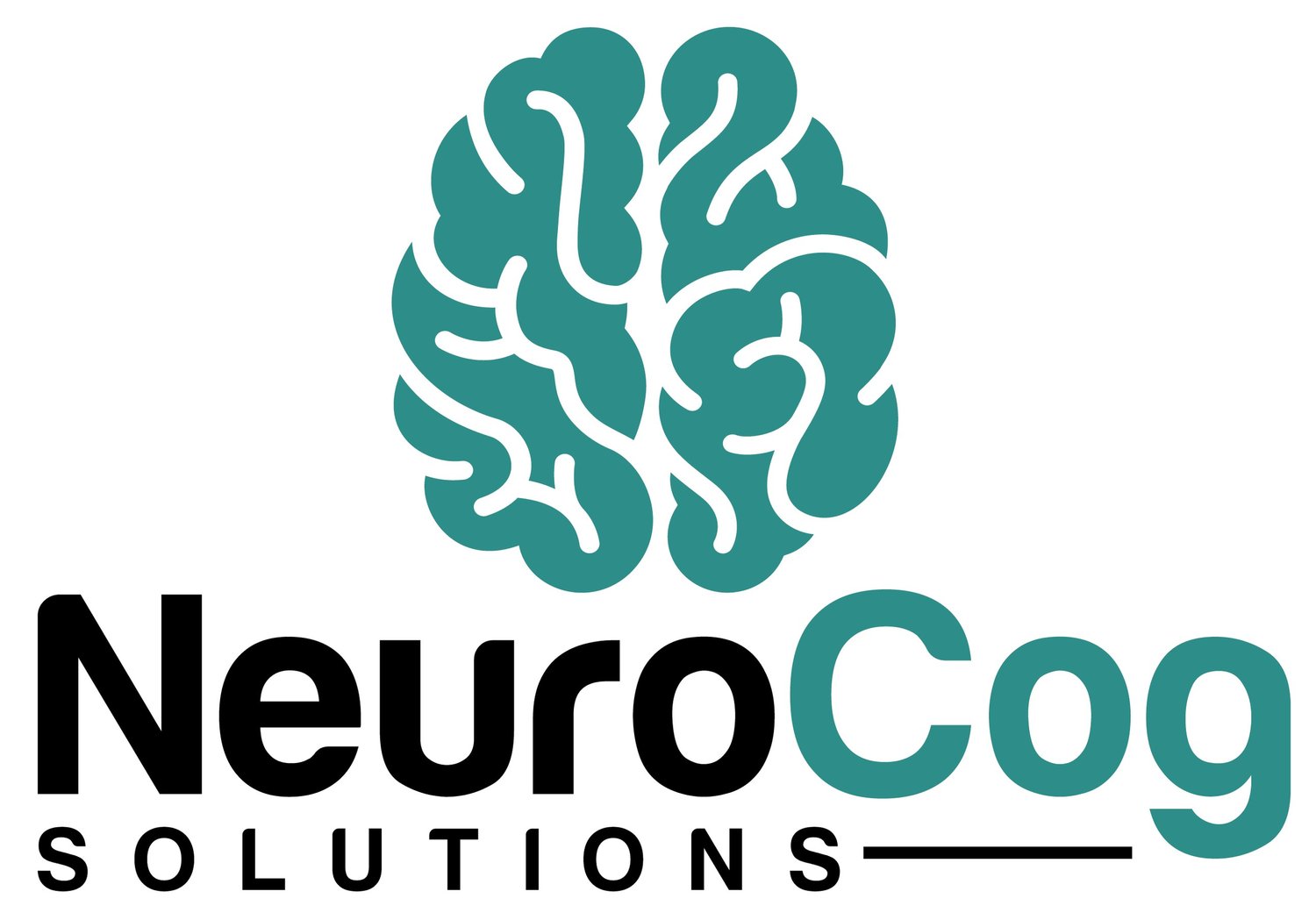
Counseling
Our approach to counseling:
We are committed to addressing each person's goals, needs and preferences in treatment. We use a collaborative approach to develop a treatment plan and monitor progress towards your goals. Counseling is an active process that requires work both in and out of session. Each provider has a different approach to therapy and we encourage you to learn more by reading their bios. Cognitive Behavioral Therapy is the most frequently used method of treatment, but we also utilize various other methods such as Mindfulness-based Stress Reduction, Acceptance and Commitment Therapy, Motivational Interviewing, and Solution Focused Therapy.
Regardless of the provider, our practice is solution focused, as we aim to find practical strategies to improve every day life, even in the face of seemingly unsolvable problems. You may not be able to control certain aspects of the problem in front of you, but you can control your reaction to it and the choices you make next.
Therapy in the context of neurological injury or disease
Coping with injury or disease can be difficult. Treatment can focus on adjustment to injury/disease and management of cognitive, emotional and behavioral changes.
Caregiver support and counseling
Caregivers are often called the “invisible patients.” They provide support for their loved one and at times, may push off their own needs. Caregivers are at risk for anxiety, depression, and social isolation. Counseling can focus on managing grief and loss, role changes, and the changes in their loved ones. We can also assist with finding community resources.



